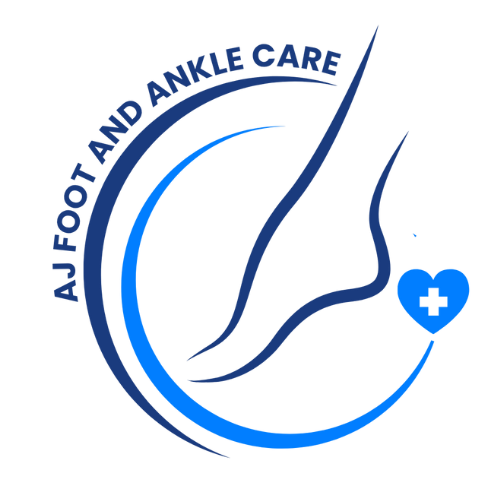Wound Care
Foot wounds may start small, but without proper care they can quickly become serious health concerns. Whether caused by injury, pressure, poor circulation, or underlying conditions like diabetes, wounds on the feet require specialized treatment to prevent infection and promote healing. Our team provides expert wound care to help patients recover safely and reduce the risk of complications.
Why Wound Care Matters
Wounds on the feet and ankles are particularly vulnerable to infection because they are often exposed to pressure, friction, and moisture. In some patients, especially those with diabetes, nerve damage and poor circulation can prevent the body from recognizing or healing a wound properly.
Without prompt treatment, even a minor wound can become chronic, infected, or lead to more severe outcomes such as tissue loss or amputation.
Common Types of Foot Wounds We Treat
-
Diabetic foot ulcers
-
Pressure sores (decubitus ulcers)
-
Surgical wounds
-
Traumatic injuries
-
Venous stasis ulcers
-
Infected blisters or cuts
Signs a Foot Wound Needs Medical Attention
Not all wounds will heal on their own. You should seek professional care if you notice:
-
A wound that does not start to heal within a few days
-
Redness, swelling, or warmth around the area
-
Drainage or foul odor
-
Pain or tenderness
-
Discoloration or black tissue around the wound
-
Signs of infection, such as fever or chills
Early treatment helps prevent serious complications and supports faster healing.
Our Wound Care Approach
We take a comprehensive approach to foot wound management, focusing on both the wound itself and the underlying causes. Our care may include:
-
Wound cleaning and debridement
Removing dead or infected tissue to support healthy healing.
-
Advanced dressings and topical treatments
Using specialized products to keep the wound clean, protected, and moist for optimal recovery.
-
Infection control
Prescribing antibiotics when necessary and monitoring closely for signs of infection.
-
Offloading pressure
Using custom orthotics, boots, or padding to reduce pressure on the wound and prevent further damage.
-
Vascular evaluation
Assessing blood flow to ensure that the area receives the oxygen and nutrients needed to heal.
-
Blood sugar management
Helping patients with diabetes control their glucose levels to support healing and prevent recurrence.
-
Patient education
Teaching proper foot care, hygiene, and prevention strategies to avoid future wounds.
Preventing Future Wounds
Ongoing care and lifestyle changes can greatly reduce your risk of developing new foot wounds. This includes:
-
Performing daily foot checks
-
Wearing supportive, well-fitting shoes
-
Keeping skin clean and moisturized
-
Managing chronic conditions such as diabetes or vascular disease
-
Seeing a foot specialist regularly if you have a history of foot ulcers or injuries
When to Schedule a Visit
If you have a slow-healing wound or a known risk factor such as diabetes or poor circulation, do not wait. Early intervention can prevent serious outcomes and may save your foot or limb.
Contact our office to schedule a wound evaluation. Our team is here to help you heal and stay on your feet, safely and comfortably.
About Dr. Mansoori
Dr. Jasmin Mansoori is a board-certified podiatrist known for her compassionate approach, clinical expertise, and commitment to delivering thoughtful, patient-centered care.
Quick Connect
office@ajfootanklecare.com
469-398-1972
737-247-7483
2301 Ohio Dr., Ste 182
Plano, TX 75093
Office Hours
Mon-Fri : 9AM – 5PM
© 2025 AJ Foot and Ankle Care. All rights reserved.
